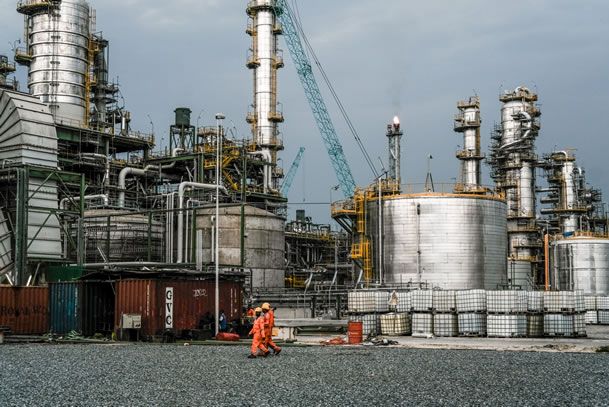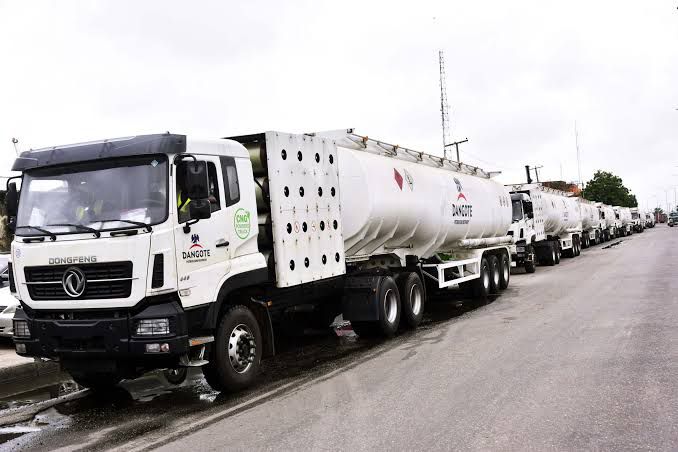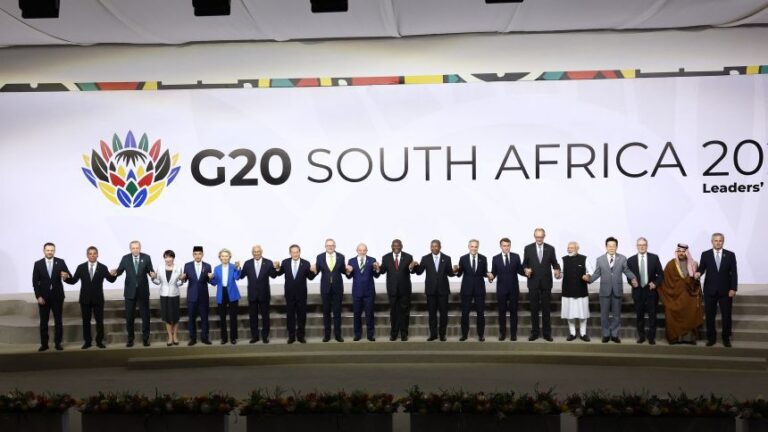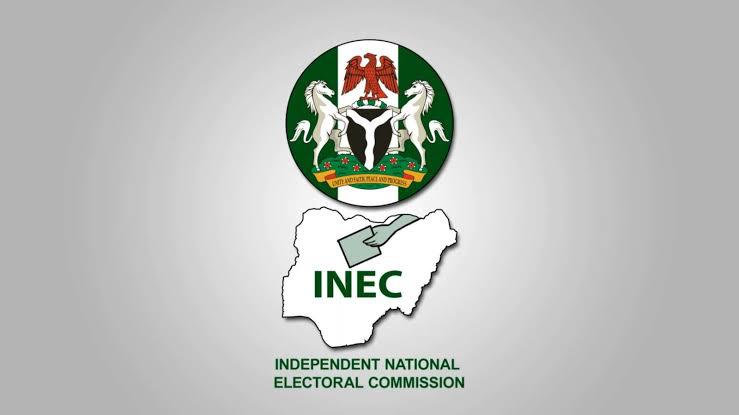In a developing labor dispute, the Dangote Petroleum Refinery has reportedly laid-off a significant number of its Nigerian workers, with the move coming less than 24 hours after a large portion of them joined the Petroleum and Natural Gas Senior Staff Association of Nigeria (PENGASSAN).
According to a memo from the refinery seen by thinkBusiness Africa, Dangote oil refinery confirmed that some workers were terminated as part of a “total re-organisation due to reported sabotage in different units of the petroleum refinery leading to a major safety concern” the memo reads, denying allegations over unionism.
However, this incident is the latest escalation in a series of long-standing tensions between the Dangote refinery and Nigeria’s major oil unions, including PENGASSAN and the Nigeria Union of Petroleum and Natural Gas Workers (NUPENG).
The unions have consistently accused the Dangote Group of anti-labor practices, including efforts to prevent its employees from joining recognized trade unions.
The conflict intensified earlier this month when NUPENG threatened a nationwide strike, alleging that the refinery was forcing drivers of its newly acquired fleet of Compressed Natural Gas (CNG) trucks to sign an agreement not to join a union.
Hastily, the dispute was temporarily resolved after a government-brokered agreement was reached, which included a commitment from the refinery’s management to allow workers to unionize.

Despite the previous agreement, PENGASSAN has now accused the Dangote refinery of a mass termination of its Nigerian staff, which they say occurred shortly after the workers formally joined the union.
Meanwhile, the Dangote Group, through its chairman Aliko Dangote, has previously maintained that while it respects the right of workers to unionize, it must be a voluntary choice and not a mandatory one.
Dangote has also accused the unions of engaging in “rent-seeking” activities, such as imposing charges on every truck that loads fuel, which he argues contributes to higher fuel prices for consumers.
This situation has reignited concerns about the balance between labor rights and private-sector investment in Nigeria’s critical oil and gas industry.













